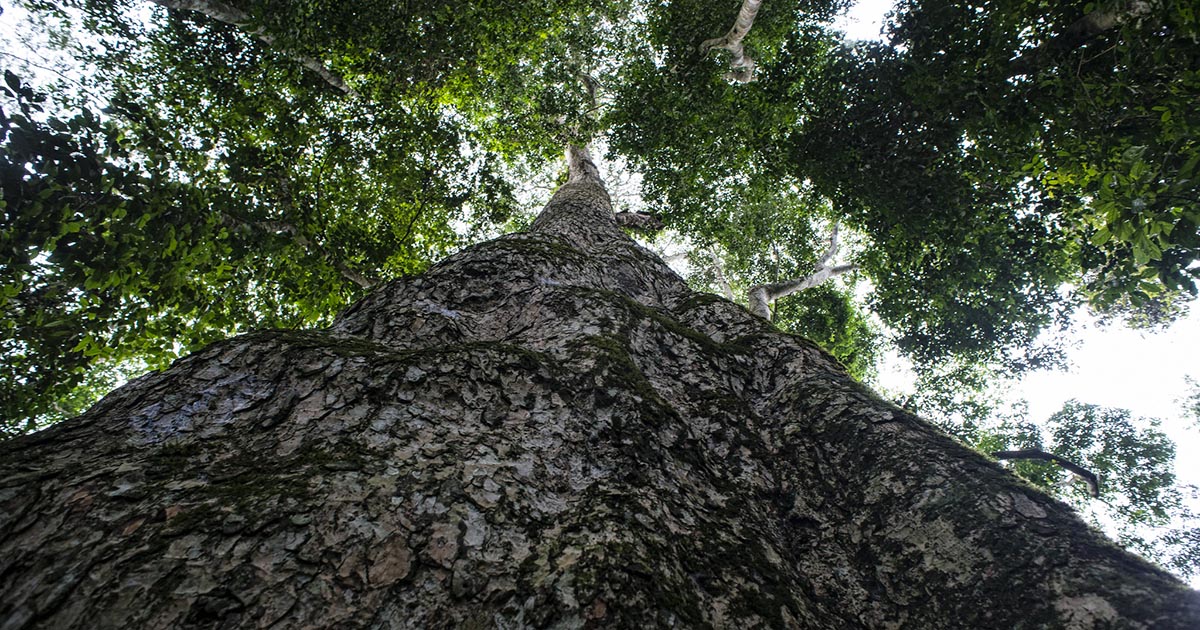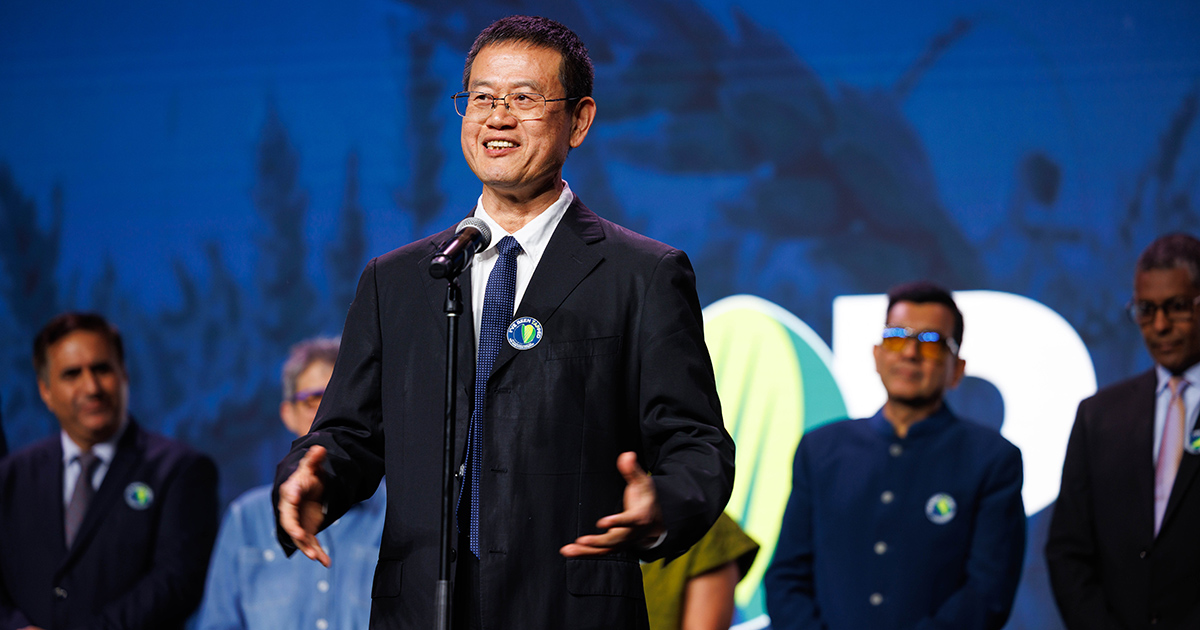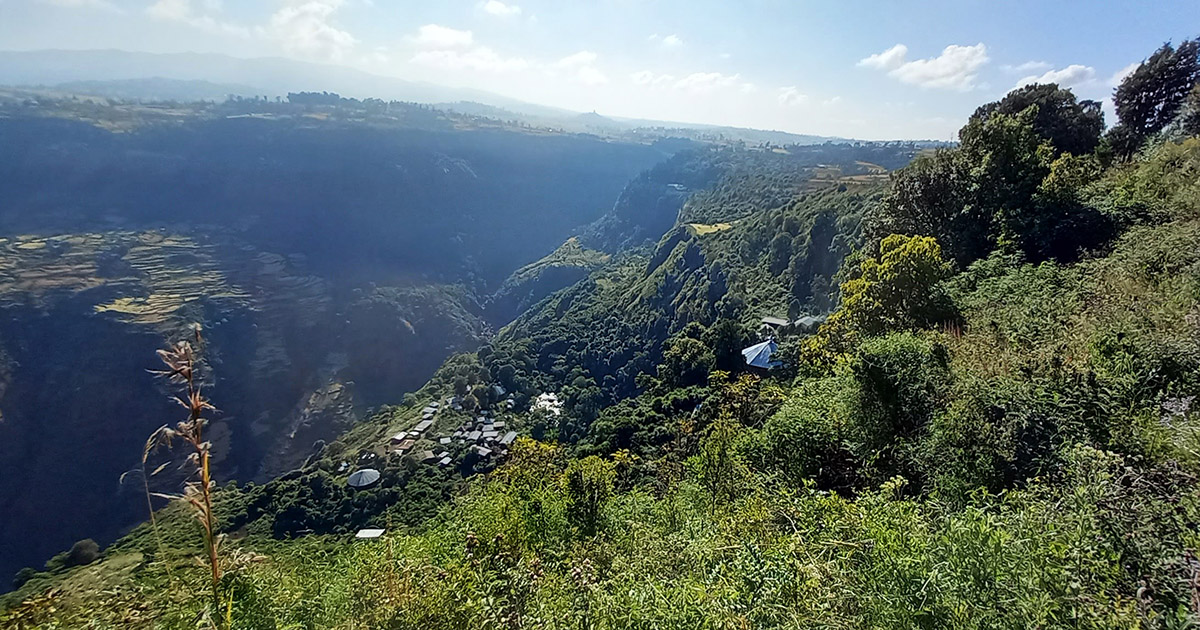Key messages
- The Center for International Forestry Research and World Agroforestry (CIFOR-ICRAF)’s integrated, multidimensional engagement in education, policy, institutional reform and financing, along with a permanent office in Addis Ababa since 2005, has built the necessary trust, legitimacy and momentum for long-term sectoral transformation.
- Early investment in action research training and MSc-level curricula at Wondo Genet College of Forestry and Natural Resources, bolstered by the Dry Forests of Africa I and II projects (2006–2012) and the collaboration between CIFOR-ICRAF and the Swedish University of Agricultural Sciences in implementing the Sida-funded Development-Oriented Action Research Project, created a cadre of Ethiopian researchers who drove evidence-based forestry reform from within.
- Discreet, informal and relationship-focused collaboration, rather than public advocacy, enabled CIFOR-ICRAF to sustain its support through multiple institutional restructurings and political transitions.
- CIFOR-ICRAF’s targeted policy briefs and comparative analyses, including its dry forest focused projects work, directly informed the adoption of: a national definition of forests in 2016 by Ethiopia that included dry forests; the 2018 Forest Proclamation; the 2022 Ethiopian Forestry Development Regulation; and the 2024 Forest Regulation, which enshrined participatory forest management and community carbon rights.
- Co-drafting mandates for the Ethiopian Forestry Development and establishing the Forestry Knowledge Management Center at Wondo Genet College of Forestry and Natural Resources have embedded evidence use into sectoral institutions and prevented policy backsliding.
- The co-designed Green Legacy and Landscape Restoration Special Fund channels 0.5–1% of federal government revenue from domestic sources into restoration, ensuring that legal and institutional gains translate into millions of hectares of on-the-ground impact.
- Without CIFOR-ICRAF’s sustained engagement, the policy and institutional outcomes observed today would likely have taken longer to materialize or emerged in less inclusive and evidence-informed forms. CIFOR-ICRAF’s role complemented and amplified national efforts, supporting government actors and institutions to translate research into reforms, build consensus and unlock financing.
- However, CIFOR-ICRAF’s impact remains vulnerable to institutional instability, shifting political priorities and limited in-country staffing – highlighting the need for deeper institutional anchoring, stronger local partnerships, and expanded technical presence to ensure continuity and sustained influence.
DOI:
https://doi.org/10.17528/cifor-icraf/009396Altmetric score:
Dimensions Citation Count:
Publisher
CIFOR-ICRAF: Bogor, Indonesia and Nairobi, Kenya
Publication year
2025
Authors
Language
English
Keywords
forest policy, forest management, education, knowledge management, landscape, restoration, dry forests, action research, regulations, governance, capacity building, financing
Geographic
Ethiopia















